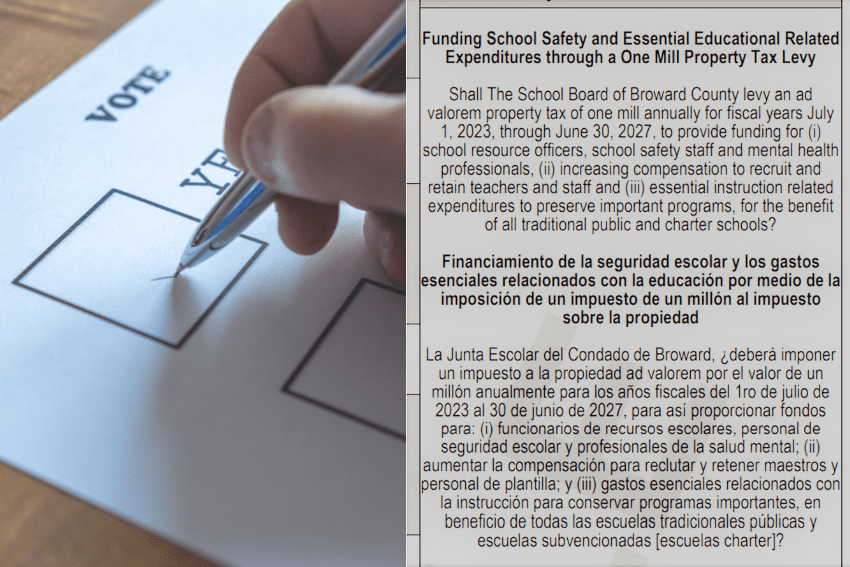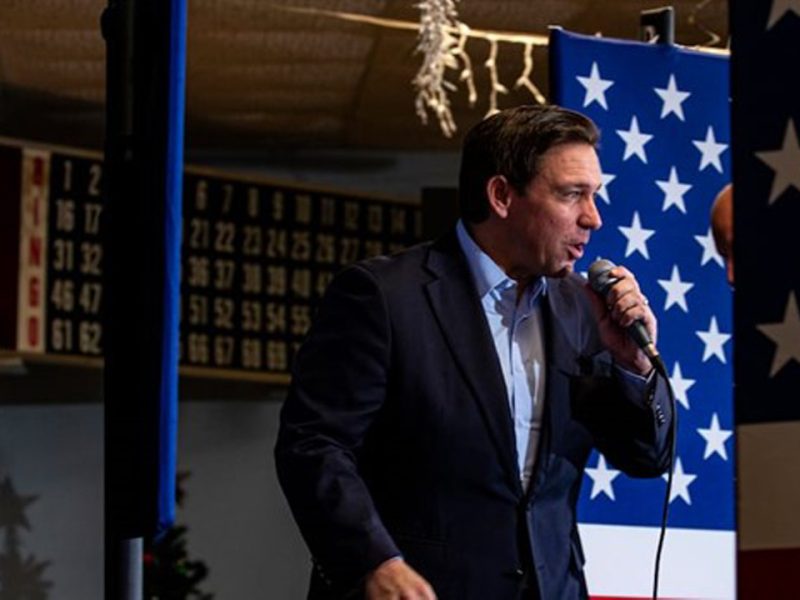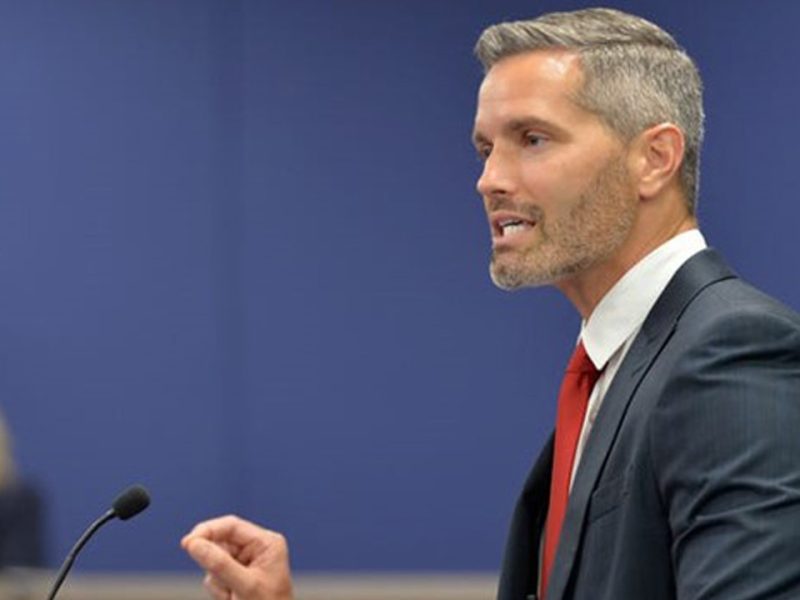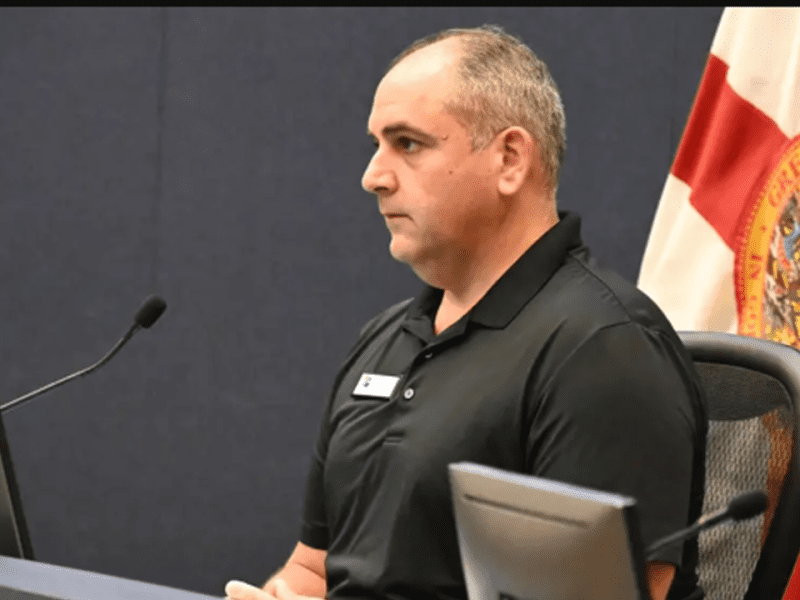‘A bad translation’: How Broward botched the Spanish version of school tax question
South Florida Sun Sentinel | By Lisa J. Huriash and Yvonne H. Valdez | August 10, 2022
An inaccurate Spanish translation of a proposed School Board tax that’s already on Broward’s ballot is now raising concerns whether it could affect how people vote on the issue.
Broward voters head to the polls for early voting Saturday — but more than 64,000 voters have already sent in their vote-by-mail ballots by Wednesday afternoon. In addition to state races, local judges, School Board members and county commissioners, voters are also being asked to agree to double a special school tax.
But the Spanish version of the question translates “one mill” into “one million.” The Spanish version talks about how the money would pay for an administrative person who oversees resources, not for school police officers. And a part in Spanish that’s supposed to say “essential instruction” instead says “essential expenditures.”
Broward’s School District is asking voters to approve an increase from $50 per $100,000 intaxable property value that they pay now to $100 for every $100,000 on their yearly property tax bills. If approved, the tax would be used to increase teacher salaries, school security officers and mental health resources.
Some experts say there are three key misinterpretations from the English-to-Spanish versions, which some voters rely on to make a decision.
In the correct English version, the question asks for a property tax rate of “one mill,” which is up from the current tax of a half-mill. In property tax lexicon, one mill produces $1 in taxes for every $1,000 in taxable property value, or $100 for every $100,000 in value. But the Spanish version translates “one mill” into literally “one million.”
“It is a bad translation,” said Anel Brandl, a Ph.D. and professor of Spanish and Linguistics at Florida State University. “I have a degree and I didn’t know ‘mill.’ When you don’t know anything about taxes, you also read it as one million.”
Agreeing with that assessment is Marcela Arbeláez of Lingua Franca Translations, a translation company based in Coconut Grove. She said the sentence reads as if voters are approving a “tax of a million.”
The referendum question goes on to say the funding will include school resource officers. School resource officers are the armed police officers who are on school campuses to respond to an emergency. But the translation in Spanish is not that, “not at all,” said Brandl. “I would never think of a person literally policing with a gun. It doesn’t mean that at all.” The Spanish version refers to an administrative person who oversees resources, she said. Arbeláez said the words may have been translated literally because “that job description doesn’t exist in Spanish.”
There also could be a third translation issue: “Essential instruction” in English is translated as “essential expenditures” in Spanish, Brandl said, although she quipped it “doesn’t make any sense in English” either.
“It doesn’t read well,” said Arbeláez of the Spanish version. “If a Spanish speaker reads this, their brain will start doing waves, like a shock.”
“That whole paragraph needs revision,” she said. “It is too literal and it doesn’t convey in Spanish the exact meaning of the original source language, English.”
A Creole language professor at the University of Florida said there were no issues with the Creole translation on the ballot.
When questioned by the South Florida Sun Sentinel, each agency explained how the Spanish wording was phrased.
Broward’s School District said the Supervisor of Elections Office was responsible for the translation.
And the Elections Office said although it used an outside vendor translation service to write the ballots, the School District had signed off on it on June 30 before it was printed and finalized.
“Thank you for bringing this to the District’s attention,” said John J. Sullivan, the School District’s Chief Communications and Legislative Affairs Officer in an email to the South Florida Sun Sentinel. “We are working to provide the Supervisor of Elections with a translation of our ballot language, clarifying the translation provided by their translation services.”
The elections office, he said, “will then provide the proper notifications.”
Sullivan clarified Wednesday that his office only proofread the ballot language in English, and relied on the elections office for translations for both Spanish and Creole.
“We will be changing our protocols in the future and will provide the necessary translation for future ballot measures,” he said Wednesday.
The elections office did not respond to repeated questions about how it will remedy the problem or notify the public.
:quality(70)/cloudfront-us-east-1.images.arcpublishing.com/tronc/2EXZX7DQBFADXE5LU76I2DEF5Y.jpg)
Election experts have some ideas for them.
Mark Herron, an election law attorney based in Tallahassee, said the Elections Office should be posting notices at the polling sites starting Saturday and on their website clearing up any confusion and to explain “here’s what it really says.”
“There’s nothing in the law that says they have to do this, but that would be one way to deal with it rather than let the problem fester,” Herron said.
Herron also warned that now, regardless if the referendum fails or passes, somebody who opposes the results could challenge it in court. “The results are the results until they are somehow challenged and upheld in the court,” he said.
A South Florida Sun Sentinel reader, Andy Von Dincklage, of Fort Lauderdale, caught the “mill/million” translation issue and contacted the newspaper. Upon further inspection, the Sun Sentinel found some of the additional translation concerns.
Von Dincklage, a native of Argentina, speaks English, Dutch and Spanish. He said when he read his ballot he found the English version “totally misleading because ‘mill’ is tax jargon and most taxpayers will have no idea what’s being asked of them.”
“One million,” in the Spanish translation could be interpreted as “a million dollars split up among millions of residents” and would therefore be “irrelevant for voters,” he said.
“Or maybe [the School District is] trying to raise $1 million. You can interpret that many ways.”
On the Spanish version, Von Dincklage said, “I thought that was a disaster.”
Staff Writer Brittany Wallman contributed to this report.






